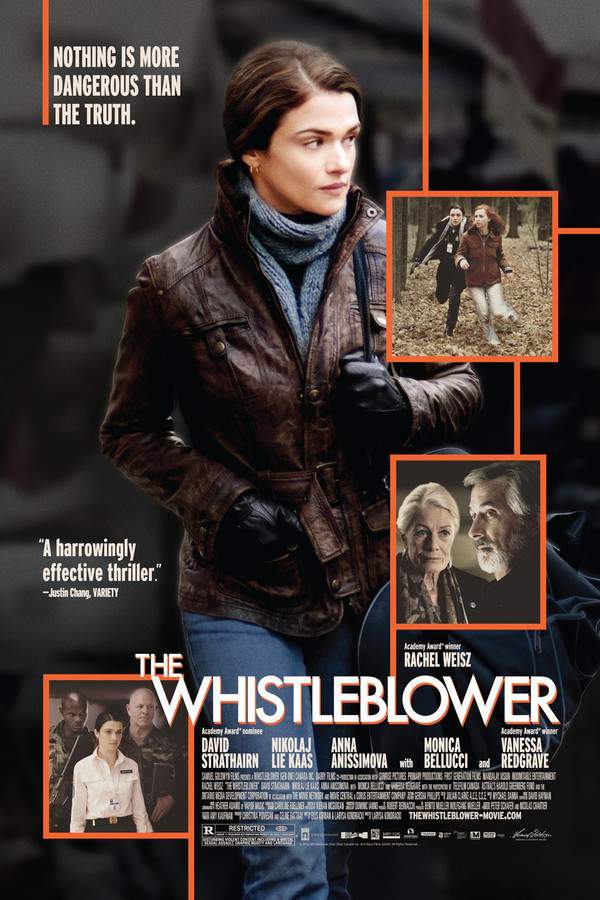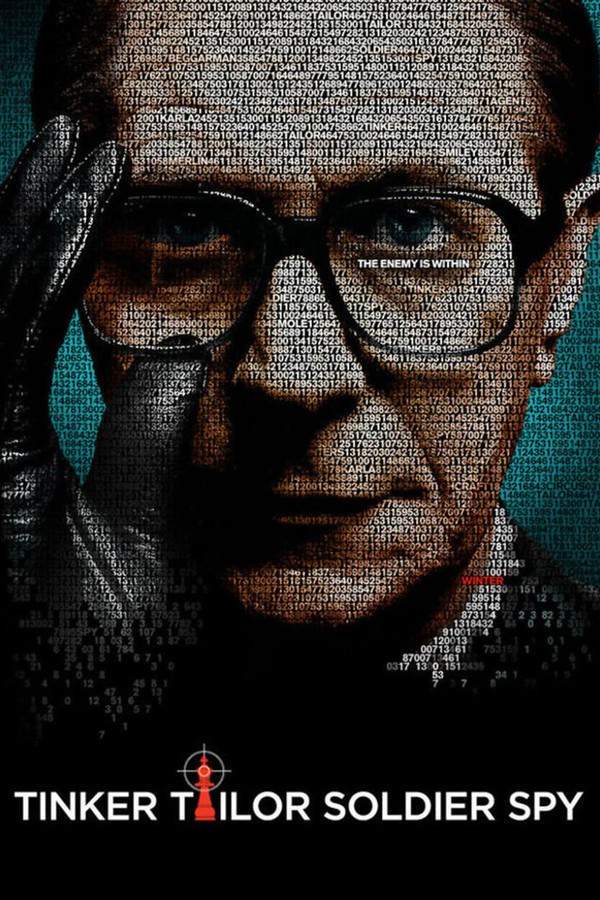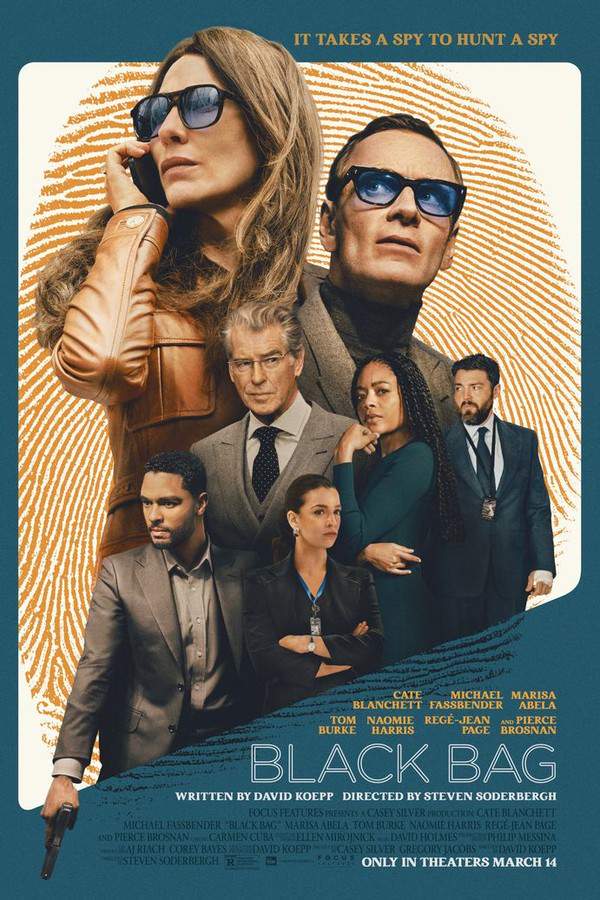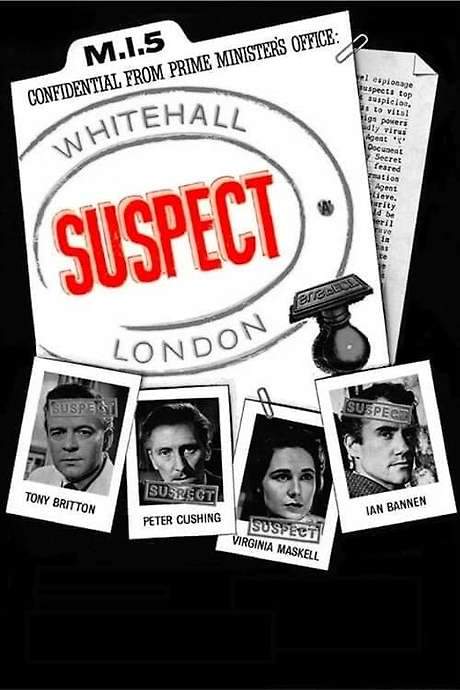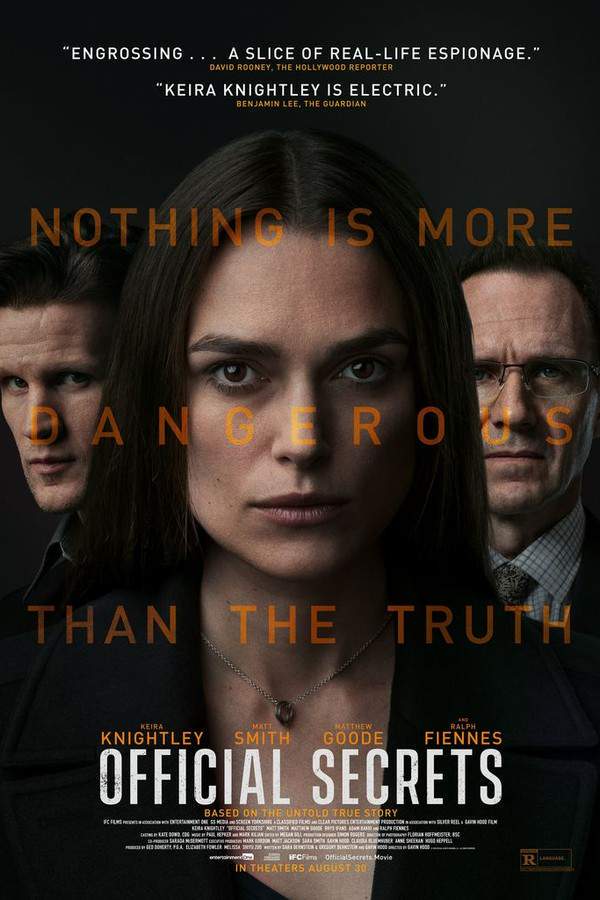
Official Secrets 2019
Directed by
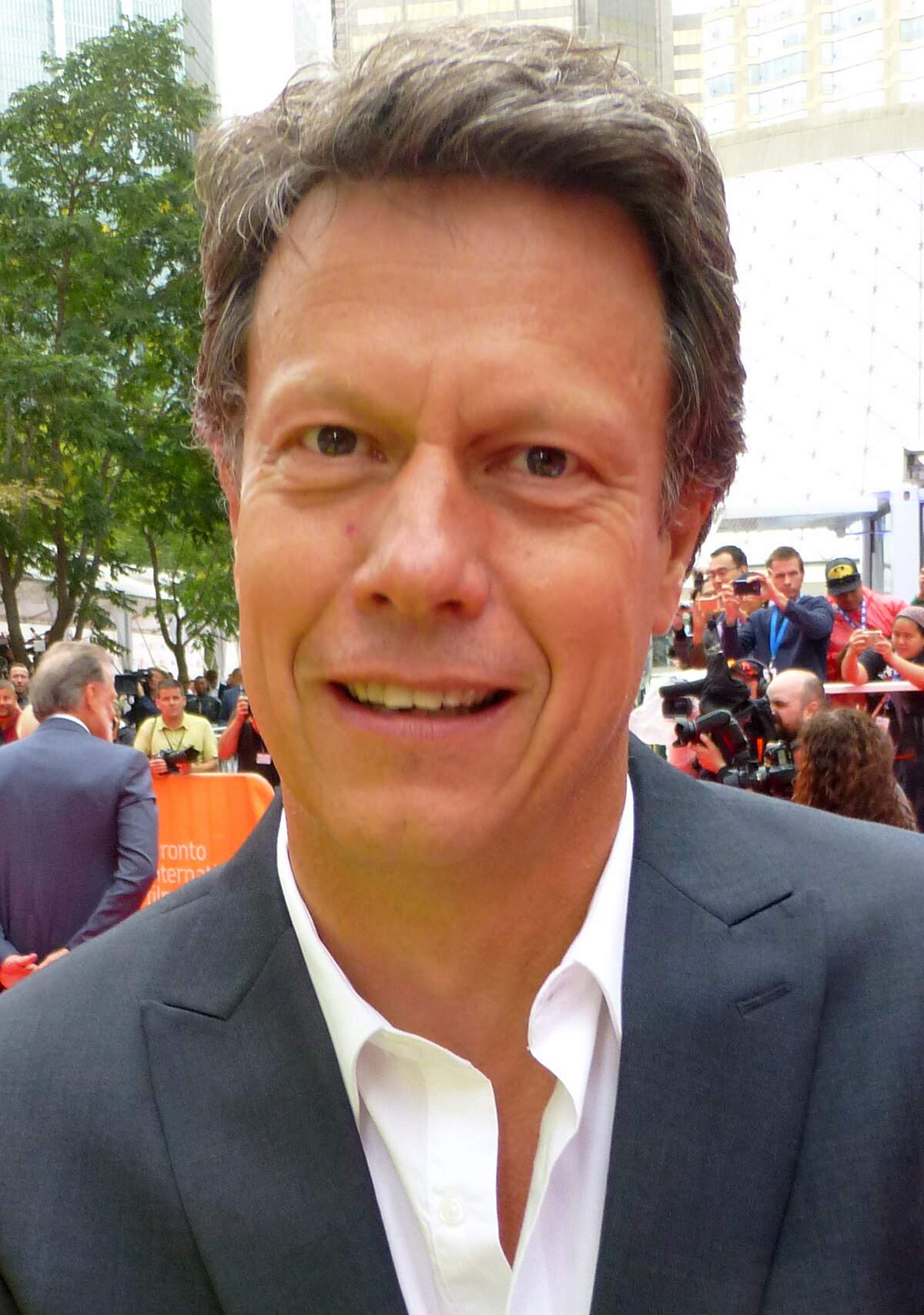
Gavin Hood
Made by
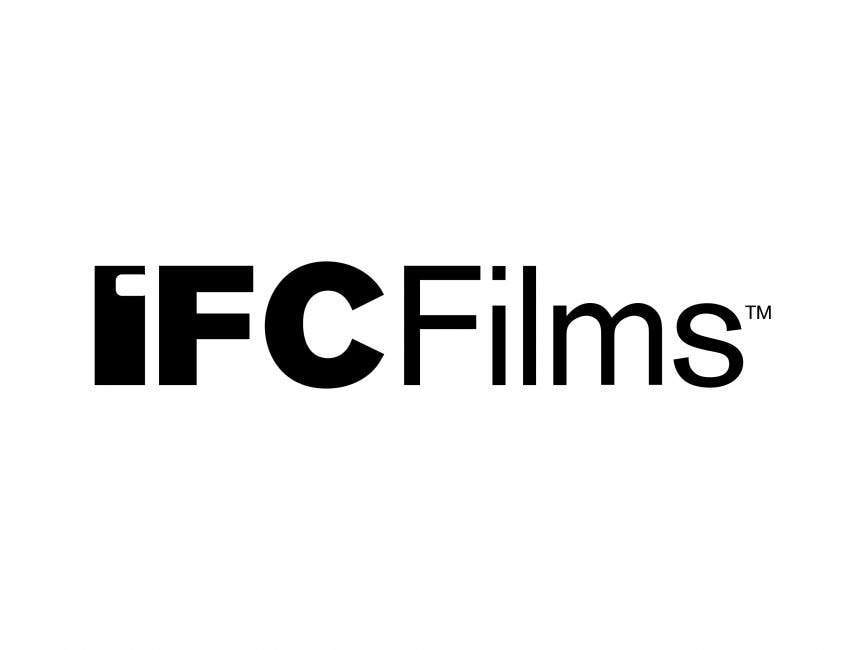
IFC Films
Test your knowledge of Official Secrets with our quiz!
Official Secrets Plot Summary
Read the complete plot summary and ending explained for Official Secrets (2019). From turning points to emotional moments, uncover what really happened and why it matters.
The film presents the gripping true story of Katharine Gun, portrayed by Keira Knightley, a dedicated employee of GCHQ (Government Communications Headquarters), who in 2004 courageously leaked a classified memo. This document revealed an illegal spying operation orchestrated by the United States to gather compromising information on United Nations diplomats who were set to vote on a crucial resolution concerning the impending invasion of Iraq in 2003.
Empowered by her conviction that then-Prime Minister Tony Blair was misleading the public about Iraq’s alleged possession of weapons of mass destruction (WMDs), Katharine receives an alarming internal memo just days before the UN vote on January 31, 2003. This memo outlines GCHQ’s covert surveillance of UNSC members, including countries like Cameroon, Angola, and Chile, and their voting intentions regarding the Iraq resolution. Her colleague, Andy Dumfries ([Jack Farthing]), discusses the implications of this memo with their boss Fiona Bygate ([Monica Dolan]), confirming their suspicions about the collusion between the US and UK to manipulate the second UNSC vote.
In her quest for justice, Katharine confides in her friend Jasmine ([MyAnna Buring]), an anti-war activist, who urges her to make the memo public despite the risks of being charged with treason under the Official Secrets Act. With determination, on February 3, 2003, Katharine copies the memo onto a floppy disk, prints it, and sends it to Jasmine, setting off a chain of events that would change her life forever.
At the forefront of this investigation is Ed Vulliamy ([Rhys Ifans]), an impassioned journalist frustrated by the lack of support from his editor, Roger Alton ([Conleth Hill]), for his pieces showcasing the truth about the Iraq war. As the story unfolds, Martin Bright ([Matt Smith]) and Peter Beaumont ([Matthew Goode]) join forces with activists, delving deeper into the implications of the leaked information and the ethical dilemmas it presents.
Their efforts culminate on March 2, 2003, when the memo is published, igniting panic in Katharine, who reveals her actions to her husband Yasar (Adam Bakri). Although the memo is met with skepticism due to spelling errors that compromise its credibility, Katharine remains resolute, leading to her eventual arrest. Despite the turmoil, including her husband facing deportation, Katharine gathers a formidable team of human rights attorneys, including Ben Emmerson ([Ralph Fiennes]), Shami Chakrabarti ([Indira Varma]), and James Welch (John Heffernan), who work tirelessly to defend her on the grounds that the war itself was illegal.
Elizabeth Wilmshurst ([Tamsin Greig]), a key witness who resigned from her role in protest against the war, adds further weight to their case. As they uncover the true motivations behind the war, it becomes evident that the government’s lies had far-reaching consequences. Ultimately, Katharine’s trial takes an unexpected turn when the prosecution withdraws the case, perhaps realizing the political fallout from exposing the truths hidden within their own ranks.
In a somber reflection, by 2010, the documents are finally declassified, revealing the staggering human cost of the war, with over a million Iraqis dead and numerous British and American soldiers also losing their lives. This thought-provoking narrative emphasizes the sacrifice of a whistleblower in the fight against government deception.
Official Secrets Timeline
Follow the complete movie timeline of Official Secrets (2019) with every major event in chronological order. Great for understanding complex plots and story progression.
Katharine Gun Receives the Memo
In January 2003, just days before the critical UN vote on Iraq, Katharine Gun, a dedicated employee at GCHQ, receives an alarming internal memo. This memo highlights an illegal operation by the US to spy on UN diplomats’ voting intentions regarding the resolution for invading Iraq.
Discussion with Colleagues
Katharine discusses the implications of the memo with her colleague, Andy Dumfries, and their boss, Fiona Bygate. They exchange concerns about the unethical collusion between the US and UK to manipulate the UNSC vote, intensifying their fears about the impending military action in Iraq.
Confiding in a Friend
Katharine confides in her friend Jasmine, an anti-war activist, about the explosive memo she has received. Jasmine encourages her to leak the information to expose the government’s deceit, despite the potential consequences of treason charges under the Official Secrets Act.
Leaking the Memo
On February 3, 2003, Katharine courageously decides to take action by copying the classified memo onto a floppy disk. She prints it out and sends it to Jasmine, setting the stage for a monumental leak that would have far-reaching ramifications in the public discourse regarding the Iraq war.
Journalist's Quest for the Truth
Ed Vulliamy, a journalist working to expose the truths about the Iraq war, faces obstacles from his editor, Roger Alton. Frustrated with the media's lack of commitment to investigating the matter, he becomes increasingly invested in the implications of Katharine's leaked memo.
Association with Activists
Martin Bright and Peter Beaumont join forces with activists, working alongside Vulliamy to unravel the stories stemming from the leaked information. Together, they investigate the ethical dilemmas raised by the memo and the potential misconduct by the governments involved.
The Memo is Published
On March 2, 2003, the leaked memo is published, sparking significant public and media attention. Katharine experiences a wave of panic upon realizing the impact of her actions and reveals to her husband, Yasar, what she has done as they brace for the potential fallout.
Consequences of the Leak
Despite the memo’s publication, initial reactions are mixed, as spelling errors within the document lead to skepticism. Katharine's life spirals into chaos, compounded by the threat of her husband facing deportation due to his immigration status.
Building a Legal Defense Team
Katharine enlists a team of human rights attorneys, including Ben Emmerson and Shami Chakrabarti, to defend her against charges related to the leaking of classified information. Their mission is to argue that the war itself was illegal and that the public deserved to know the truth.
Testimony of Elizabeth Wilmshurst
Elizabeth Wilmshurst, a former government lawyer who resigned in protest against the Iraq war, becomes a significant witness in Katharine’s defense. Her testimony further underscores the deep moral and ethical implications of the war and the government's actions.
Unexpected Turn of Events
Katharine's trial takes an unforeseen twist when the prosecution suddenly withdraws the case. This surprising decision leaves many to speculate about the political ramifications of exposing the truth behind government actions during the Iraq war.
Document Declassification
By 2010, the classified documents related to the leak are finally declassified, revealing the extensive human cost of the Iraq war. The staggering figures show over a million Iraqi deaths and many British and American soldiers lost their lives, highlighting the war's devastating impact.
Reflection on Government Accountability
The narrative not only scrutinizes the government’s failings but also elevates Katharine's role as a whistleblower. Her sacrifices serve as a powerful reminder of the importance of transparency and the dire consequences of governmental deception.
Official Secrets Characters
Explore all characters from Official Secrets (2019). Get detailed profiles with their roles, arcs, and key relationships explained.
Katharine Gun
Katharine Gun is portrayed as a steadfast and principled individual who risks everything to expose the truth about the illegal spying operation. Her conviction against the manipulation of public opinion regarding the Iraq war drives her actions, embodying the struggles of whistleblowers. Her character showcases resilience in the face of dire consequences.
Ed Vulliamy
Ed Vulliamy is an impassioned journalist dedicated to uncovering the truth about the Iraq war. His frustration with the editorial barriers he faces illustrates the challenges journalists encounter in reporting sensitive topics. He plays a crucial role in bringing the leaked memo to light, exemplifying the importance of journalistic integrity.
Andy Dumfries
Andy Dumfries is a colleague of Katharine who grapples with the implications of the leaked memo. His discussions with Fiona Bygate showcase the tension between personal integrity and professional responsibilities. Andy's character serves as a conduit of the internal conflict faced by those who know the truth but must navigate bureaucratic challenges.
Fiona Bygate
Fiona Bygate is a senior figure in GCHQ who represents the bureaucratic side of the organization. Her character highlights the dilemma of loyalty to the institution versus the moral duties of individuals within it. She tries to protect her team while acknowledging the gravity of the situation.
Ben Emmerson
Ben Emmerson is a human rights attorney who passionately defends Katharine Gun. His character represents the legal perspective on the case, emphasizing the fight for justice and the illegalities behind the Iraq war. He is portrayed as a dedicated advocate seeking to uphold the rule of law.
Official Secrets Settings
Learn where and when Official Secrets (2019) takes place. Explore the film’s settings, era, and how they shape the narrative.
Time period
2003-2010
The story unfolds around the early 2000s, particularly focusing on the lead-up to the Iraq invasion in 2003. This period was marked by immense political strife, public protests against the war, and debates over government transparency. The events culminate in 2010 when the documents related to the case are declassified, revealing the true extent of the war's impact.
Location
United Kingdom, Iraq, United Nations Security Council
The film takes place primarily in the United Kingdom, where Katharine Gun works at GCHQ, as well as in Iraq, which is the focal point of the controversial invasion. The United Nations Security Council serves as a significant backdrop, highlighting the political tensions and complex international relations at the time.
Official Secrets Themes
Discover the main themes in Official Secrets (2019). Analyze the deeper meanings, emotional layers, and social commentary behind the film.
🕊️
Whistleblowing
The film encapsulates the theme of whistleblowing, portraying the moral dilemma faced by individuals who expose government secrets. Katharine Gun's courageous act to leak the memo reflects the struggle between loyalty to one's country and the pursuit of truth and justice. This theme resonates with discussions on transparency, accountability, and the ethical responsibilities of individuals in power.
⚖️
Justice
Justice is a prevailing theme throughout the narrative, as Katharine fights against government deception and seeks accountability for the war in Iraq. The film highlights the struggles and sacrifices of those involved in legal battles to defend her rights, and ultimately emphasizes the quest for truth in the face of political resistance.
📜
Government Secrecy
The theme of government secrecy looms large, showcasing the lengths to which authorities will go to conceal information. The illegal surveillance operation and the ensuing political machinations reflect broader concerns about state power and the right to know, raising critical questions about transparency in governance.

Coming soon on iOS and Android
The Plot Explained Mobile App
From blockbusters to hidden gems — dive into movie stories anytime, anywhere. Save your favorites, discover plots faster, and never miss a twist again.
Sign up to be the first to know when we launch. Your email stays private — always.
Official Secrets Spoiler-Free Summary
Discover the spoiler-free summary of Official Secrets (2019). Get a concise overview without any spoilers.
In the early‑2000s Britain teeters on the brink of a conflict that will dominate the headlines for years to come. Against a backdrop of covert surveillance, diplomatic maneuvering and a government eager to rally public support, the nation’s intelligence community hums with a quiet urgency. The atmosphere is both highly procedural and fraught with the unseen pressures of a looming war, creating a setting where every whispered conversation could shift the balance of power.
Katharine Gun is a young specialist at the Government Communications Headquarters, dedicated to her technical craft yet increasingly troubled by the moral weight of the information she handles. When a confidential document lands on her desk, its implications stretch far beyond the cryptic codes she’s used to decoding. The discovery forces her to confront the disconnect between official rhetoric and the hidden realities shaping a nation’s destiny, setting her on a path that challenges both her professional duty and personal conscience.
Around her, the office landscape is populated by colleagues who embody different facets of the establishment. Andy offers a pragmatic counterpoint, while Fiona represents the higher echelons that enforce the status quo. Outside the walls of GCHQ, Jasmine, an outspoken activist, becomes an unexpected confidante, urging Katharine to consider the broader ethical stakes. Meanwhile, the determined journalist Ed Vulliamy prowls the periphery of power, seeking the truth that officials would rather keep concealed. Their intersecting perspectives paint a picture of a society where loyalty, ambition and idealism constantly collide.
The film unfolds as a tense political thriller, its tone a blend of quiet desperation and steely resolve. By focusing on the inner turmoil of a single whistle‑blower and the ripple effects of her choices, the story invites viewers to contemplate the cost of secrecy and the fragile line between duty and conscience, all while the world outside inches toward an irrevocable decision.
Can’t find your movie? Request a summary here.
Movies with Similar Twists and Themes
Uncover films that echo the narrative beats, emotional arcs, or dramatic twists of the one you're exploring. These recommendations are handpicked based on story depth, thematic resonance, and spoiler-worthy moments — perfect for fans who crave more of the same intrigue.
Featured on this page

What's After the Movie?
Not sure whether to stay after the credits? Find out!
Explore Our Movie Platform
New Movie Releases (2025)
Famous Movie Actors
Top Film Production Studios
Movie Plot Summaries & Endings
Major Movie Awards & Winners
Best Concert Films & Music Documentaries
Movie Collections and Curated Lists
© 2025 What's After the Movie. All rights reserved.


